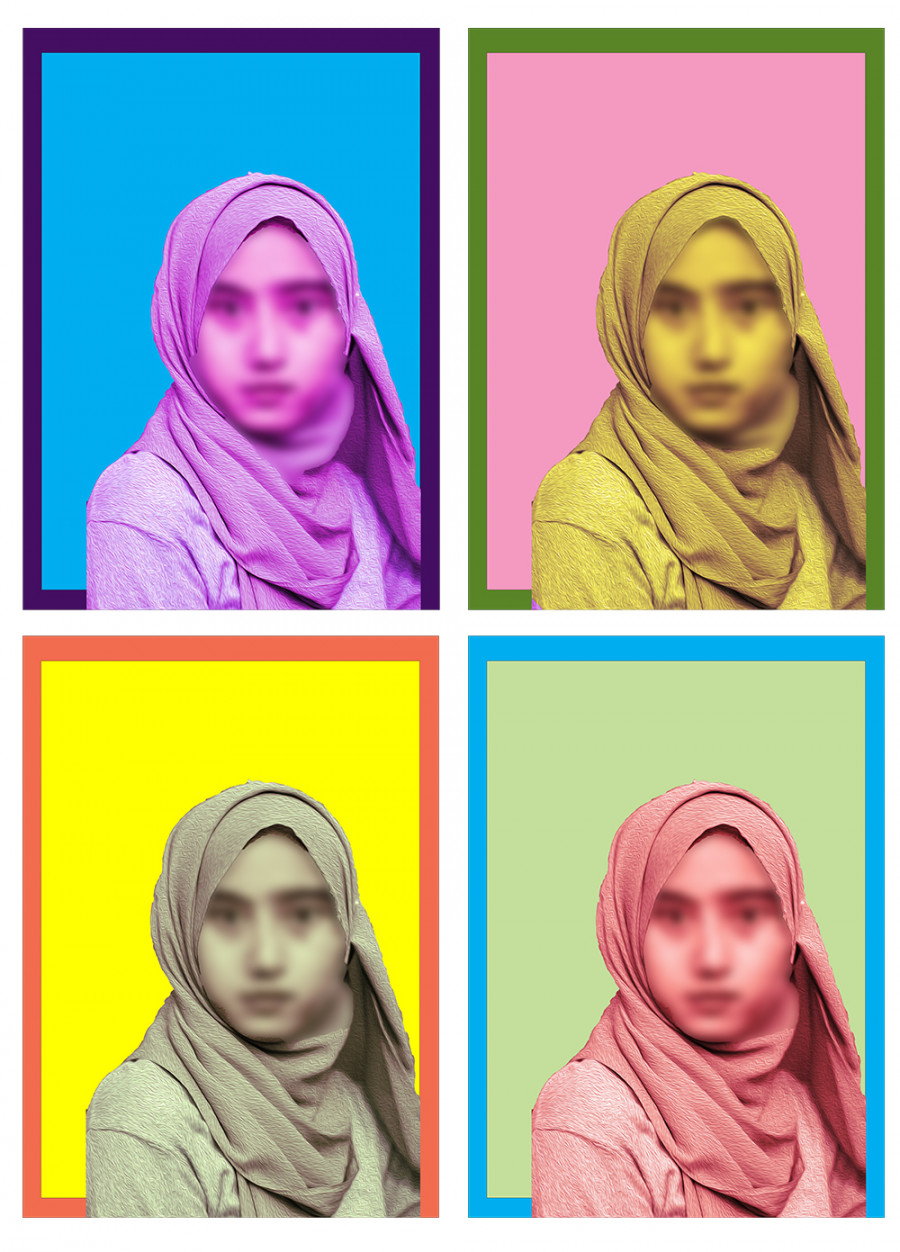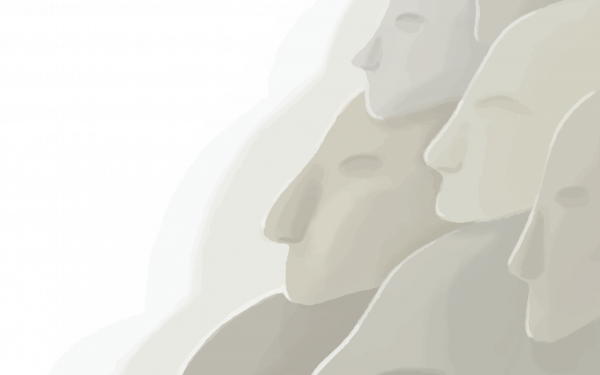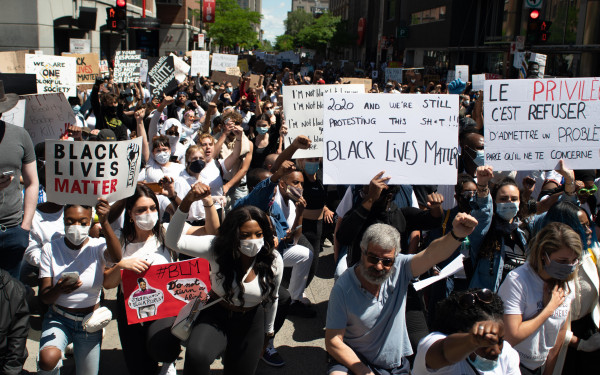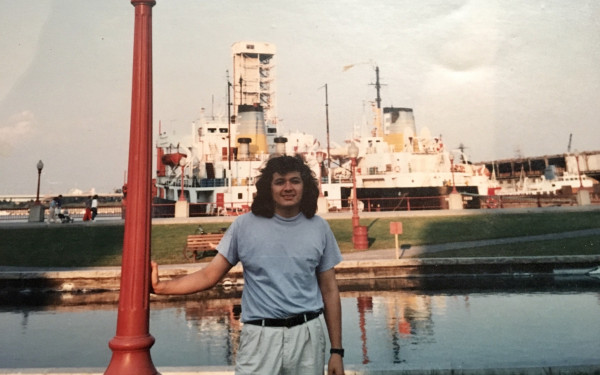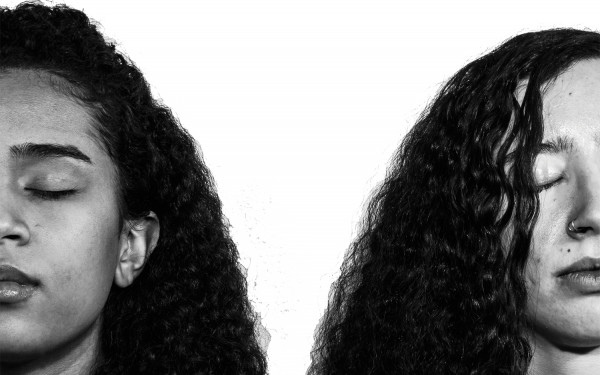The Struggle of Being Yourself in the Midst of Diversity
A Personal Narrative on Intersecting Identities
Do you remember what it was like to see the world as a child?
Do you remember what it was like to see the world as a child? I remember everything being met with such an open, welcoming frame of mind. In a child’s mind fascination, magic, and excitement are everywhere. It shows up in the form of sparkles in their eyes. It makes me wonder when the moments where sparkles disappear happen.
Although when I think of these twinkles, a part of me knows that it’s normal that they’re gone, as it’s part of change. Everyone goes through it. Change is absolutely inevitable. It is what makes you evolve, but it often also forces you to leave things behind, so you can move on to new encounters.
As we grow older, we experience. We establish our identities based on our personalities, our values, our beliefs, and all these little things that, together, make us who we are.
Every once in a while, I get lost in my thoughts, reminiscing about the past. I scroll through photo albums, looking through photographs from years ago.
In today’s world, everything is real. There is no pretending.
People don’t pretend to discriminate, they do it. They will look at us, at our colours, our ethnicities, our cultures, our faith, our gender. In addition to that, they will listen to what is said about us and people that are like us, but they won’t come to us and ask.
When I sit in roundtables to talk about diversity, when I go to multifaith or multicultural events, when I sit with my friends and discuss life, the one thing I get out of these conversations is that people like us have firsthand experience of the impacts of ignorance-based discrimination.
This simply results in several types of discrimination intersecting. Let me put it in an even simpler way.
Let’s say that we are looking at advantages. I am a Woman of Colour, so from the very start, I am treated unfavourably, sometimes due to my colour, and sometimes because of my gender.
Therefore, I already am more disadvantaged than a Man of Colour, or a white woman, because I have colour and I have gender, both to my disadvantage. Let’s add faith to this. Because I wear a hijab, I am identifiable as Muslim. This entangled with being a WOC, results in an increase of disadvantages in comparison to just being a WOC, because I am a Muslim WOC.
My identities intersect, each carrying a baggage of inequality in some way. They all get together, and you get me—Sarah—a composition of various identities.
I feel as though being a woman wearing a religious symbol means I am always in battle. It almost feels like I constantly need to squeeze myself into the group when it comes to any discourse on womanhood.
It is me against society. I constantly need to explain how I am not a brainwashed imbecile and how my choice of dress is not a sign of oppression. My hijab is a sign of how I understand and decide to perform my religion while contributing to society, just like everybody else.
I refuse to accept and settle for spending the rest of my life living in a hostile society that won’t allow people like me to be celebrated for the way that we are. I should not be living my life in the west, fighting for my right to be who I am.
It leads me reflect on how society defines the word “liberating” and why it is so often brought up when talking about what women like me are not. Ironically, I feel the opposite of liberated when something as simple as my freedom of wearing what I want is constantly limited.
If not by governments, then it becomes limited because of looks, stereotypes. and judgements. It becomes limited when people tell me “go back to where you came from.”
Go where? Tell me. You want my born-and-raised-in-Canada self to go back where? How is this even a solution? And if we actually are looking for solutions, please tell me—what problem are we looking to solve? The only one I can possibly think of is a systemic problem.
A problem of the system as a whole allowing people like you to tell people like me to go back where they come from.
A systemic problem where people are not only comfortable being hateful, but are being even more comfortable acting upon their hatred.
“It becomes limited when people tell me “go back to where you came from.” Go where? Tell me. You want my born-and-raised- in-Canada self to go back where? How is this even a solution? And if we actually are looking for solutions, please tell me what problem are we looking to solve?” —Sarah Abou-Bakr
I say this not only because I feel it, but because it’s true.
The reported criminal incidents in Canada motivated by hate increased by 47 per cent in 2017, the same year as the Quebec City mosque shooting, a tragic hate crime that caused the death of six people. More and more people act upon their hatred, motivated by pure ignorance.
In the space of only two weeks, two disturbing reports came out.
On Sept. 24, Quebec’s Commission des droits de la personne et de la jeunesse published research where they documented acts of hate that were xenophobic, and notably Islamophobic.
On Oct. 7, the Service de police de la Ville de Montréal released a report revealing that Black and Indigenous people are four to five times more likely than white people to be stopped by police officers in the urban centre.
In an environment where we have a serious problem involving xenophobia and Islamophobia, what happens to a visibly Muslim WOC like myself?
From what my experiences tell me, it only makes my battles hundreds of times harder every single day. How did we come to normalize hate like that? The consequences are frankly violent, dangerous, and scary.
People of Colour are constantly being silenced, women told to step aside, and Muslims always pointed at.
I am so tired of being silenced. I am more than that. We all deserve better than that. I do not want to have to distance myself from certain aspects of my identity to “reconcile” with other parts.
What is left of me if I become pressured to silence my womanhood, my colour, and my faith? I become nothing. Nothing at all.
That is exactly why I will not do that. I am a whole. Barriers exist. They are here all the time. I learned to cope, and I taught myself to overcome obstacles that appear on my path.
People with stories that are similar to mine have come a long way, and we just won’t settle for being what others want us to be, because often times, it is something we are not.
I want to live in an inclusive and accepting society, I took it upon myself to never let anyone invalidate my feelings when it comes to attacks directed at who I am. It is time we put our insecurities aside and speak up.
It is time to report every single experience that we encounter, because it is not OK to be violated.
Let’s not normalize what was never meant to be the norm.
Women, Muslims and People of Colour aren’t insignificant nor are they worthless.
People carrying these identities fight to advocate for social justice, to be treated equally, and to free themselves from discrimination.
We understand that diversity cannot be properly addressed if not everyone is at the table.
We need to become part of this conversation. All of us, with all of our identities. It is not difficult to talk about our differences—it’s part of living together. It is part of coexistence.
To those who are more advantaged than others, I strongly advise you to know your privilege, and use it to make room for others. Use it to advocate for justice and equality for all. Use it so that we can all coexist and be on the same level.
One last thing I must say and cannot stress enough—to you, a stranger who tells me “it’s just a piece of clothing, just take it off.”
Although I sincerely am annoyed by your audacious remark, allow me to explain to you that the issue here is not whether I should or should not take it off. The issue is that you are comfortable enough to expect me to detach myself from how I choose to practice my faith, because it makes you uncomfortable.
This will not happen.
Just like I embrace my colour and my womanhood, I will not change or hide my Muslim identity for anyone.
I have the right to be true to myself, and so will I be.
Sometimes, I wish I could see the world through the eyes of the child that I once was. Despite all this, I always remain hopeful, and I will keep going.

